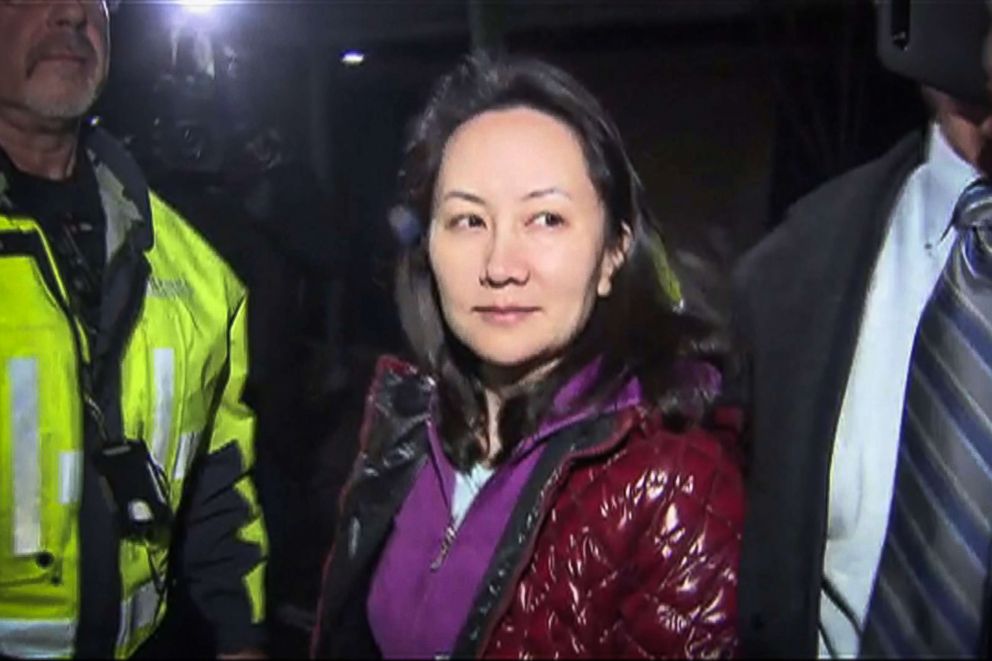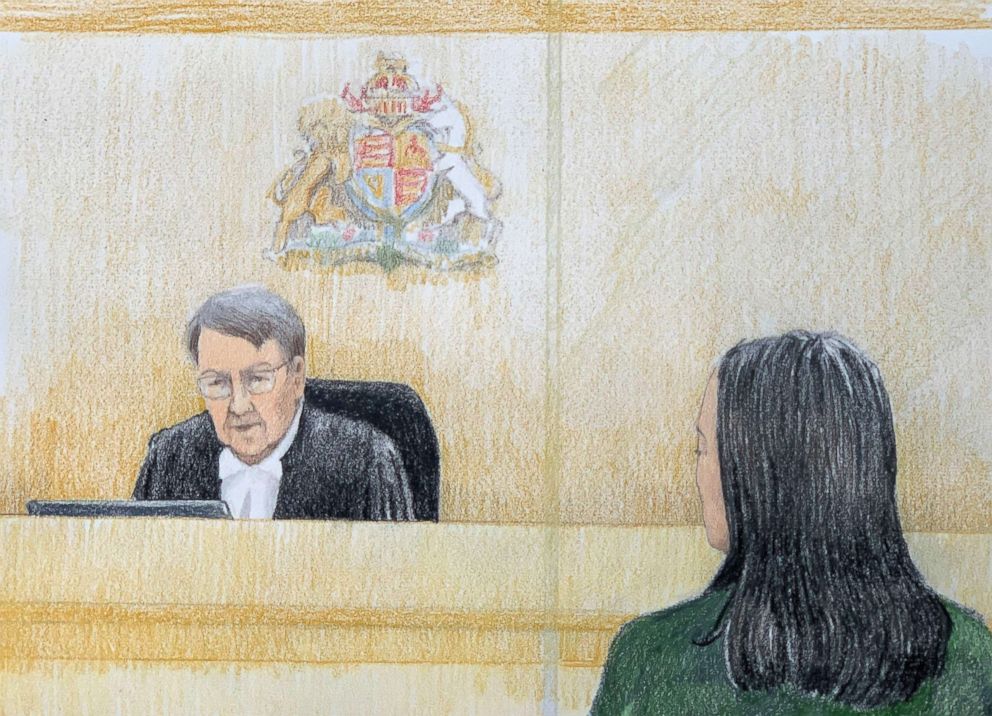DOJ 'not a tool of trade' in China dispute, official vows, after Trump suggests he might intervene
The case against Meng Wanzhou has sparked an international showdown.
As critics blast President Donald Trump for suggesting he might “intervene” in the Justice Department’s pending prosecution of a prominent Chinese executive so his administration can resolve a growing trade dispute with China, the Justice Department’s top national security official on Wednesday insisted his prosecutors will not be influenced by what the White House does.
“We are not a tool of trade when we bring the cases,” Assistant Attorney General John Demers told a Senate panel.
“What we do at the Justice Department is law enforcement. We don’t do trade,” he added.
Demers was responding to a question from Sen. Richard Blumenthal, D-Conn., who said Trump’s suggestion that he “would intervene in [a] criminal prosecution for political purposes” was “extremely, extremely disturbing.”

In an interview with Reuters earlier this week, Trump was asked if he might take action in the case against Meng Wanzhou, the chief financial officer at telecom giant Huawei Technologies who was recently arrested in Canada at the U.S. government’s request.
“Whatever's good for the country, I would do," Trump was quoted as saying. "If I think it's good for what will certainly be the largest trade deal ever made, which is a very important thing. What's good for national security, I would certainly intervene if I thought it was necessary."
During the Senate Judiciary Committee hearing on Wednesday, Blumenthal asked Demers and two other senior U.S. intelligence officials whether they believe “that kind of statement sends a dangerous message to our law enforcement community.”
After noting that the Justice Department is “not a tool of trade,” Demers said, “We follow the facts, and we vindicate violations of U.S. law. ... And I think it’s very important for other countries to understand that.”
Sitting beside Demers, the FBI’s top counterintelligence official, Assistant Director Bill Priestap, said he agreed with Demers, adding, “From the FBI’s end, we’re going to continue to do our job.”
Blumenthal then offered one last shot at Trump, saying law enforcement may be “a tool” of “political or diplomatic ends ... in other countries, but not in this one.”

Wednesday’s hearing and Meng’s arrest came as Trump and his administration have been trying to hammer out a deal with China that would alleviate growing tensions over trade and possible tariffs. Those tensions have already rattled U.S. markets, contributing to a substantial drop in the stock markets last week.
Earlier this month, after receiving information from the U.S. government, Meng was arrested while traveling through Canada, where court documents say she and others “repeatedly lied” to international banks about Huawei’s ties to businesses in Iran.
In particular, Huawei used a Hong Kong-based company, Skycom, as a front for Huawei’s “operating” in Iran despite U.S. sanctions, and Meng falsely claimed to “numerous multinational financial institutions” that Skycom was not connected to Huawei so that those institutions would carry out hundreds of millions of dollars in otherwise prohibited transactions, according to court documents released in Canada.
Huawei has become the world's biggest supplier of network equipment for phone and internet services. And, in the United States alone, one major bank ended up improperly approving $100 million in transactions based on the lies of Meng and others, the court documents allege.
After news of Meng’s arrest became public last week, the official Xinhua News Agency said a top Chinese diplomat "lodged solemn representations and strong protests" with Canadian and U.S. authorities over the matter, demanding the United States drop the "extremely egregious” charges against Meng.
In Vancouver on Tuesday, a court released Meng on bail, with a $10 million bond. She is required to stay in Vancouver and is due in court in February.
During Wednesday’s Senate hearing, meanwhile, Demers said extradition efforts by the U.S. government are “ongoing,” and, “If she is extradited, our criminal case will continue.”




